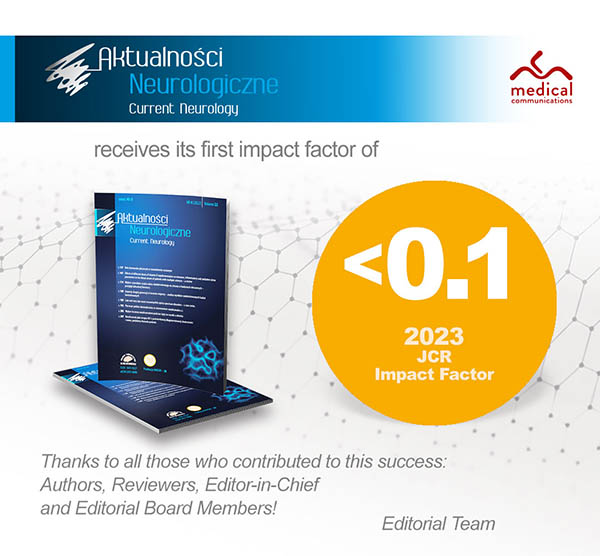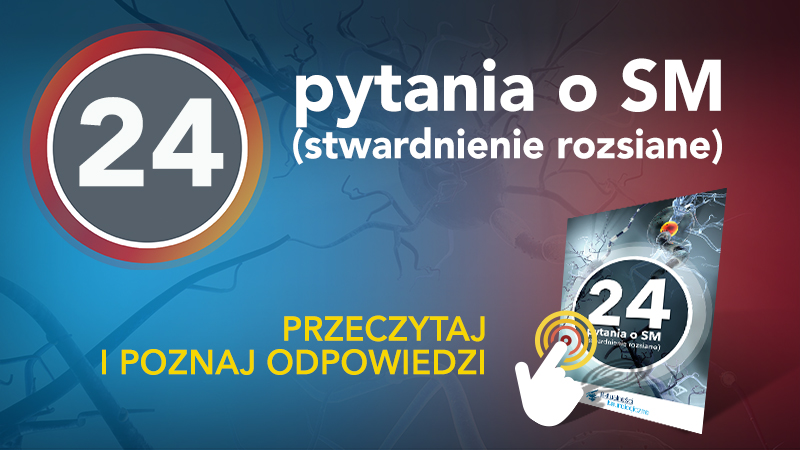Non-pharmacological strategies of behavioural symptoms associated with dementia management
 Affiliation and address for correspondence
Affiliation and address for correspondenceBehavioural and psychological symptoms of dementia (BPSD) are common among demented patients and constitute a serious problem not only because of additional care-related issues and increased caregivers’ burden, but also due to considerable consequences for the patients, including faster progression of cognitive disorder, increased care need and earlier institutionalization, risk of falls and injuries as well as increased mortality. Commonly used drugs (antipsychotics, antidepressants, antiepileptic) have limited efficacy and tolerability. Moreover, antipsychotics use in dementia has been linked to increased risk of cerebrovascular events (like stroke and myocardial infarct) and premature mortality. Non-pharmacological interventions have been proposed as an alternative to drug use. Their efficacy, although also limited, is not inferior to drugs while the risk of side effects is minimal as compared to any drug. Four different theoretical models (genetic-biological, behavioural, stress hypersensitivity and frustrated needs) are used for the development of different management approaches. The resulting, clinically confirmed methods include sensory interventions, structured activities and social activities potentialization.The commonly used behavioural methods, although popular, are surprisingly insufficiently examined in clinical trials. Wider use of non-pharmacological methods for dementia (including BPSD) is compromised by mental barriers of health professionals (including beliefs and habits), low level of knowledge among professionals and caregivers as well as barriers related to health care system and costs of care.








